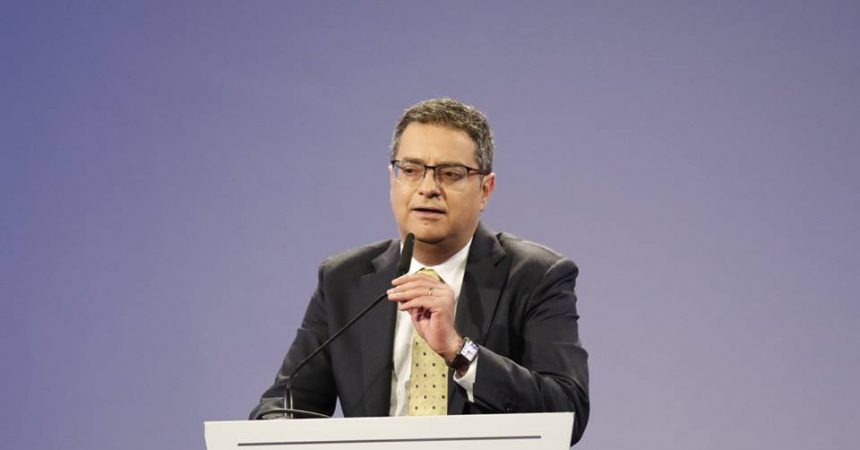Surveys published in the past months indicate that the PN is at its lowest ebb ever. Not only is the Party not making any gains, but it is even failing to convince a large chunk of its voters in the last general election to vote for it again. A weak parliamentary opposition is bad news for the country because strong opposition is vital in a democracy.
An opinion poll published by Malta Today yesterday showed only 54% of June 2017 PN voters would retain their preference at the ballot boxes, while 36% are either unsure of what to do or opt not to vote if an election is held now.
This partly explains the 71,000 gap between the two parties which is projected in the survey. While 36% of PN voters are unsure on who they would vote for if an election is held now, 93% of PL voters will vote for the PL again.
This comes in the wake of a survey published in The Sunday Times two weeks ago, which showed Adrian Delia earned a rating of just 3.4 when respondents were asked to rate the leaders on a scale of 1 to 10. Prime Minister Joseph Muscat was given a rating of 7.5.
The Malta Today survey shows that only 39% of those who voted PN in the June general election trust Delia, while 55% said they trust neither Delia nor Muscat.
This suggests that Adrian Delia has so far failed to inspire trust among a substantial part of PN voters.
The results come at a time when the Nationalist Party is still licking its wounds after an electoral trouncing and a divisive internal contest. The problems facing the PN pre-date Delia and are not limited to the factions who support him. Former PN Leader Simon Busuttil was also undermined by the legacy of the Party’s old guard, which weighed heavily on his Party’s good governance credentials.
Delia’s honeymoon, if there was ever one, was interrupted by the murder of Daphne Caruana Galizia. Delia was himself exposed by the slain journalist for having a bank account in Jersey, for which Caruana Galizia had provided documented evidence. He now finds himself in the difficult position of expressing the outrage of the Opposition at her death when she had denounced him as a crook.
One may argue that the Party is bound to regroup around its democratically elected leader. In fact Delia is already consolidating his position in the party through the election of loyalists in key positions. This may give Delia the serenity to start reaching out to middle of the road voters.
But as long as good governance remains the most pressing issue in the country, Delia’s position will probably remain problematic. For unlike Busuttil, it is difficult to portray Delia as the beacon of good governance. Moreover with the economy still delivering the goods, it remains difficult for Delia to shift the focus from good governance to bread and butter issues.
While growing social inequalities, environmental degradation and insecurities are being felt, this is offset by economic and planning policies which result in short term gains for a number of voters including the business community, which was once the PN’s bedrock. It is doubtful whether Muscat can be beaten at his own game while holding the reigns of patronage.
While civil society movements have stepped in to fill the gap when it comes to street protests and popular mobilisation, a change in government can only be achieved in a general election.
Civil society mobilisation has also ensured that the corruption issues remains at the top of the Opposition’s agenda. But this makes Delia’s position even more difficult for his shaky credentials to provide leadership on this issue.
So for now it remains a mystery how PN voters who distrust Delia will behave in a general election, fully knowing that their no-show would boost Muscat’s standing.
Many will be asking whether it is worth even choosing between the two alternatives on offer or register their protest by voting for third parties. And while distrust in political leaders may well be reflected in a greater push for more substantial reforms proposed by civil society, more people may be tempted to disengage from politics altogether.
Delia will be facing his first real test in MEP elections next year. Any failure to reduce the gap substantially will possibly re-open the leadership issue again. A Labour victory by a greater margin than in 2017 may not only spell the end of Delia but may have lasting consequences on our democracy.
The electoral mandate has already been invoked by government to thwart criticism directed by the European parliament on its track record on governance. Just imagine what will happen if the gap between the parties is increased in a years’ time. Time may already be running out for Delia and the PN.













